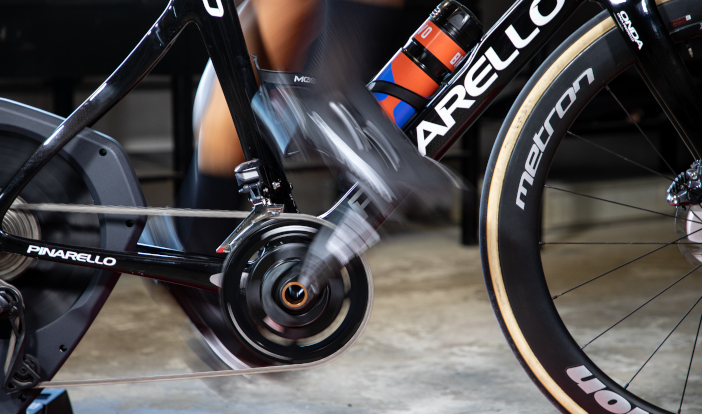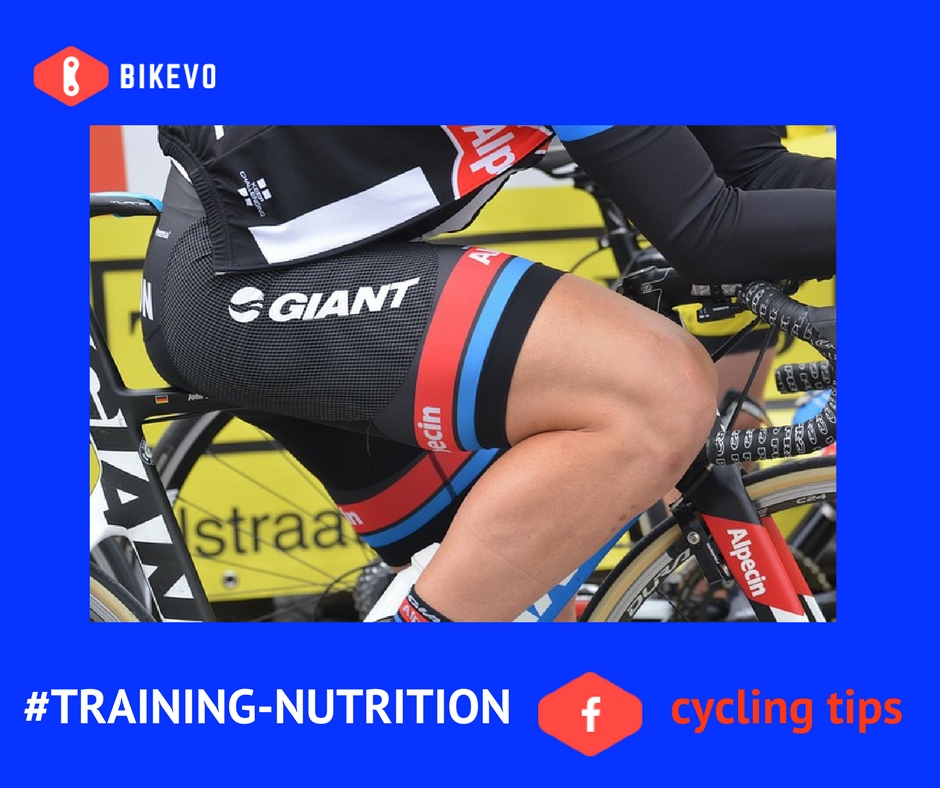Low-calorie diets focus on losing kilograms and lead to a rapid loss of muscle mass.
With the arrival of better weather, athletes can start feeling the need to lose some kilos.
To avoid making mistakes, it is best to turn to a professional who applies science instead of trusting imaginative innovative weight-loss methods. Before undertaking any diet, you should be aware of the basic concept of dieting: dieting means concentrating on losing fat and not on merely losing kilos. Losing fat is more difficult than losing weight and fat loss should proceed slowly and gradually. If you cannot accept this, you will continue to fall for crazy crash diets that propose exhausting workouts and damage your health while your performance drops to an all time low.
Low-calorie diets focus on losing kilograms and lead to a rapid loss of muscle mass. These kinds of diets are only meant to be followed for a short time, the idea being that great sacrifices cannot be kept up for very long. As such, they do not teach you how to eat well every day. It is, however, very important to learn how to eat right, every day for the rest of your life. Only with a stable diet staying within a normal calorie range, such as the GIFTdiet, can real weight loss (with which we mean the loss of fat) be achieved. This kind of weight loss will last, regenerate health and create a virtuous cycle involving the muscles, gonads, thyroid, and adrenal glands.
Low-calorie diets will lead to muscle and fat loss, and slowdown your metabolism. This will in turn cause weight gain through the accumulation of fat as soon as you return to eating normally.

Barbara Fedrigo
You might also be interested in



